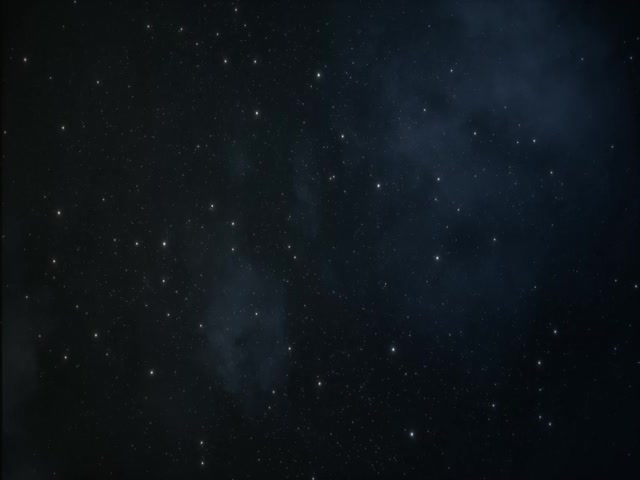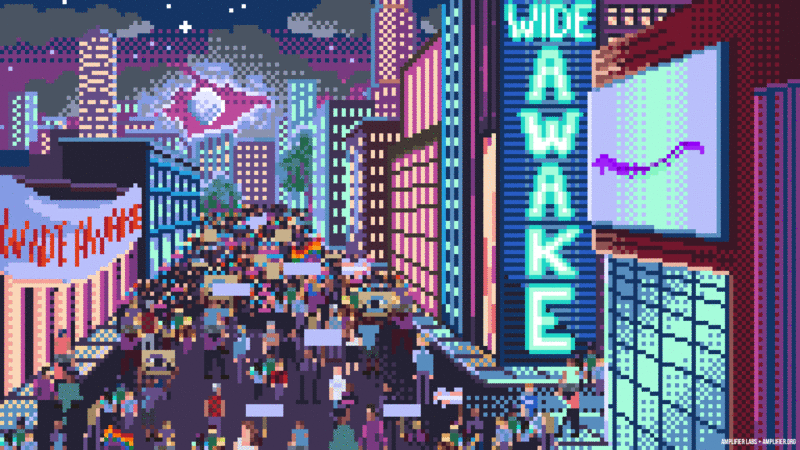e-Learning Ecologies MOOC’s Updates
Multiliteracies: A Tool for Pursuing Social Justice in Education
The concept of multiliteracies, a form of multimodal learning, expands the definition of literacy from "reading and writing" to the ability to communicate and gain knowledge through a wider variety of media, including sound, image, text, experience, discussion, and movement. Geoff Mulgan's Studio Schools, outlined in a 2011 TED Talk, combine classroom instruction with experiential learning that introduces students to the buisness and non-profit worlds. By learning in both traditional cognitive forms and through physical work, mentorship and collaboration in multiple spaces, students gain literacy (i.e., knowledge of) in a variety of modes.
Originating in the New London Group in 1994 (of which William Cope and Mary Kalantzis were a part), multiliteracies pedagogy is a (potentially) transformative framework because it stresses the importance of "replacing the existing monolingual, monocultural, and standardized literacy pedagogy that prioritized reading and writing, with a pedagogy that used multiple modes of meaning-making."
The involvement of feminist (Carmen Luke) and Indigenous (Martin Nakata), as well as the generally disruptive definition ("replacing..."), makes multiliteracies a (potentially) potent tool in the pursuit of social justice in education. A pedagogy focused on multiliteracies holds the possibility of decolonizing classrooms, centering anti-racist syllabi, and de-valuing ableist concepts of communication.
In order for this to happen, though, multiliteracies in practice, as well as theory, must unseat text as the primary form of communication. Sound, images, gestures, discussion, and other modes of learning that are not reading/writing need to be valued equally. In addition, students own experiences and the experiences of the people around them must be integral to learning and communicating what is known (this is the "situated practice" portion of multiliteracies pedagogy).
I'm trying to envision what this looks like - beyond the volcanoes report example used in the videos and beyond my own participation in an academic structure that still places reading and writing at the forefront of literacy goals. Multiliteracy can be exhibited by synthesizing a video, podcast, and diagram with text in a report. But I wonder what a more transformative version of this example might look like. Could it include research into Indigenous understandings of volcanoes? Learning the word "volcano" in multiple languages, including American Sign Language (ASL)? Learning the disparate impact of environmental disasters based on race and income by speaking with neighbors who experienced eruptions, floods, hurricanes, etc. (depending on locality)?
Mulitliteracies is ultimately about more than drawing new, digital, and social medias into the same space. It is about burning down the norms of whose knowledge takes center stage and which modes of communication are considered authoritative. That requires a much more foundational rethinking about education. Proprietary software and shiny electronic textbooks can't undo the historical and ongoing impact of Indian boarding schools, mission schools, and segrated education. Multiliteracies demands that the affordances of digital learning and content creation must intersect with the work of social justice at all levels of education.




Excellent post Heather! The lack of social justice incorporated into how we teach permeates every aspect of our lives - so many on-going impacts. Mulgan talks about his studio schools as an emerging idea that's not perfect. I wonder if his exploratory approach, in itself, is key to those of us enthusiastic about the new age of pedagogy and e-Learning? You've inspired me consider maybe we need to be critical/thoughtful especially of our own efforts. As you provide - it is critical to intersect with important topics like Social Justice. Perhaps beyond intersection to full incorporation of experiential learning throughout the education process?